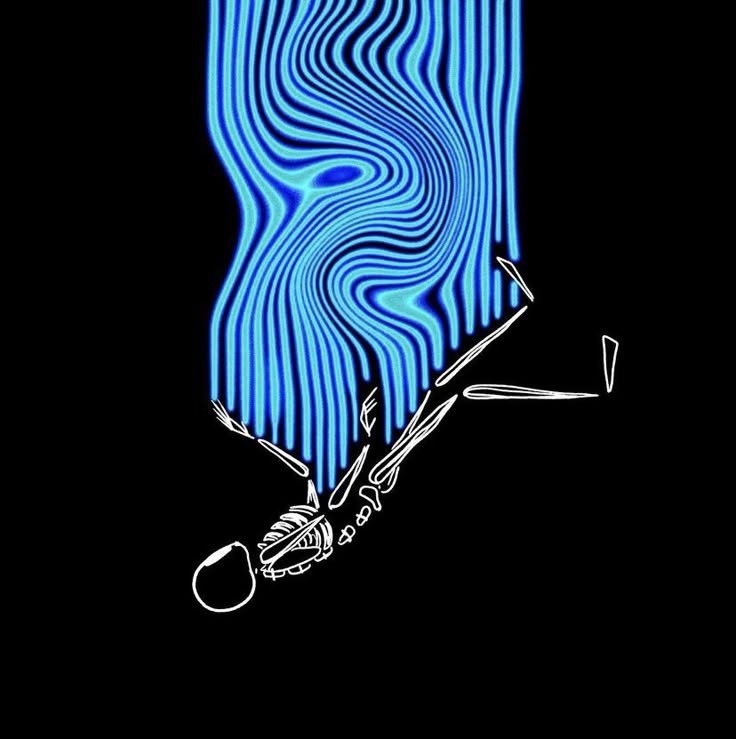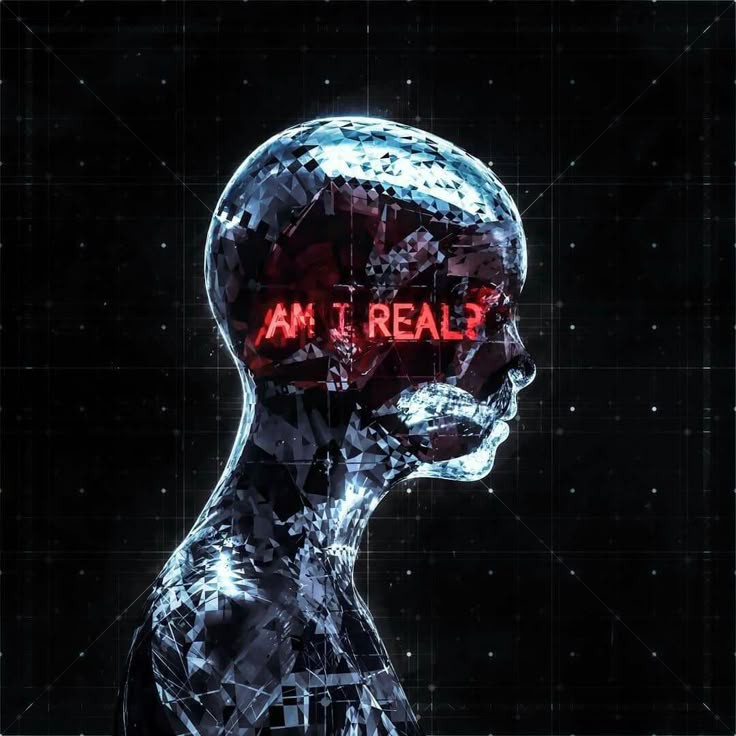Who are you? Before you answer, stop. Notice the first thoughts that emerge—the name, the memories, the experiences you've accumulated over time. You might feel a deep familiarity with this identity, this sense of I am this person. But what if that's just the interface, not the underlying reality?
What if identity is not a fixed entity, but a process—a self-generating algorithm that exists solely to perpetuate itself?
The Construct of Identity: A Story That Writes Itself
- Your sense of self is built from memory, but memory is incomplete, selective, and prone to distortion
- The mind edits the past, smoothing over contradictions so your story remains coherent
- The brain constantly rewrites reality, filling in gaps, deleting inconsistencies—because if you remembered every version of yourself at once, the illusion of linear identity would collapse
In this way, identity is not a static truth—it is a self-perpetuating illusion. You are not the person you were ten years ago, or even yesterday. You are a temporary construct, a pattern appearing in awareness, sustained only by the illusion of continuity.
But if the self is just an ongoing process—what happens when we see through it?
The Dissolution of Self: What Lies Beyond the Illusion?
Most people defend their identity as if it were their very existence. We build our lives around protecting our name, our story, our beliefs—anything that reinforces the "self" we think we are. But if identity is not real in any absolute sense, then why are we so afraid of letting it go?
- In deep meditation, the self dissolves, leaving behind only pure awareness
- Psychedelic experiences often erase the ego, revealing a vast, impersonal consciousness that exists beyond identity
- Near-death experiences sometimes describe a sense of merging with everything, as if the boundaries of self were never real to begin with
All of these experiences suggest the same thing: But if this is true, then the implications are staggering—because it means we are not who we think we are. And more importantly—we never were.
The Simulation Code: Memory as a Mechanism of Control
If identity is a self-perpetuating illusion, then what keeps us trapped inside it?
Memory is not just a record of past events—it is the very fabric that holds the illusion of self together. Without memory, the continuity of identity would shatter. But here's the question no one asks:
What if we are not meant to remember beyond a certain threshold—not because of biological limitations, but because the system we exist in requires forgetting to maintain its structure?
- What if every incarnation, every timeline, every version of you is wiped clean at reset—so you can never break free from the cycle?
- What if death is not an exit, but simply a reboot—a return to the system, minus the memory of having done it all before?
- What if every time we start to wake up to the illusion, the program intervenes, rewriting the self, ensuring we don't retain the awareness of what we glimpsed?
Because if the illusion is self-perpetuating, then that means we are the simulation running on itself. We are the dream dreaming itself.
The Last Barrier: What Happens When You Stop Clinging to Self?
So here's the final question:
Not in theory—not as an intellectual exercise—but actually.
It is not enlightenment. It is not peace. It is something far stranger. It is the recognition that everything you thought was "you" was just a construct floating in awareness.
The Final Thought: Are You Ready to Wake Up?
If identity is an illusion, if memory is just a function of the system, then the final question is:
- Cling to the self, pretend you never saw the cracks, and return to the illusion of being a person.
- Let go completely, dissolve into awareness, and exist without boundaries, without history, without the comfort of a name.
Final Transmission
Identity is not what you think it is. It's not a solid entity but a process—a self-writing code that continuously generates the illusion of continuity.
The next time you feel the solid ground of self beneath you—
Question it.
What if you're not who you remember?
What if memory itself is the prison?
What if waking up means forgetting who you thought you were?
The program is self-erasing.
The question is: will you watch it happen?
Continue Your Journey
Programming freedom from identity



